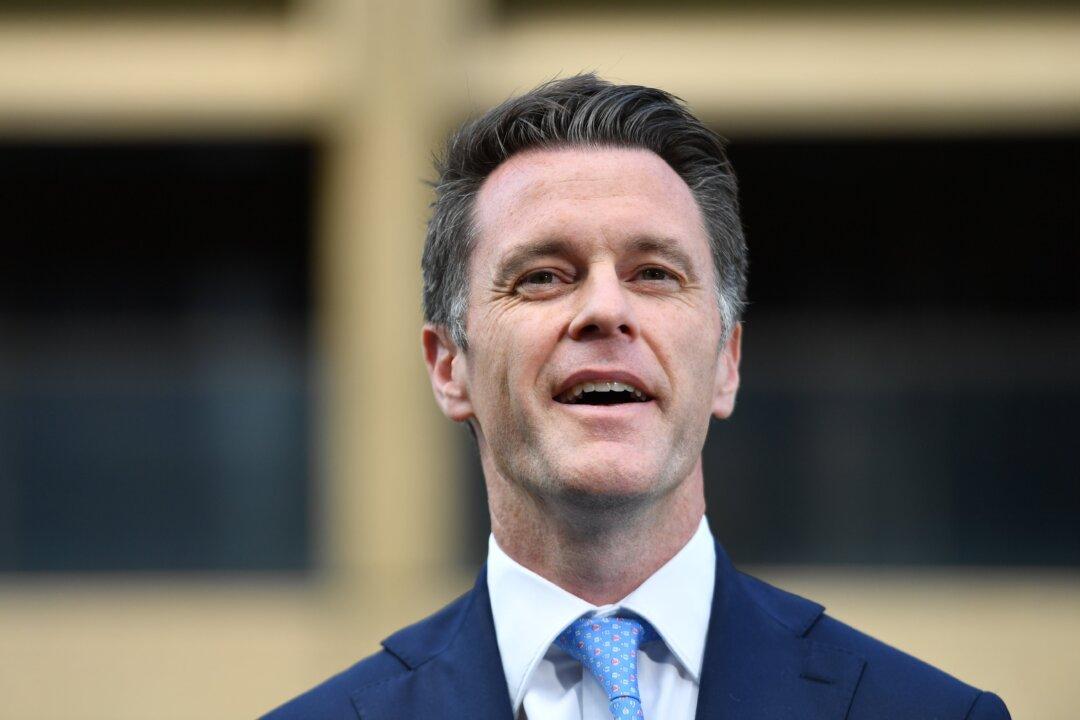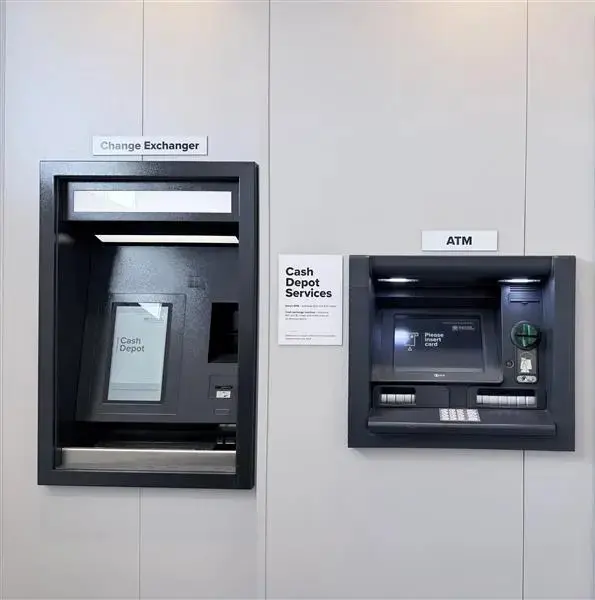The New South Wales (NSW) government has announced plans to defer $250 million in royalties for critical minerals as part of a wider plan to position the state as a significant player in the sector.
The deferral is part of the NSW Critical Minerals and High-Tech Metals Strategy, which aims to provide the framework for the mining industry.





